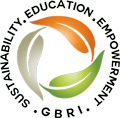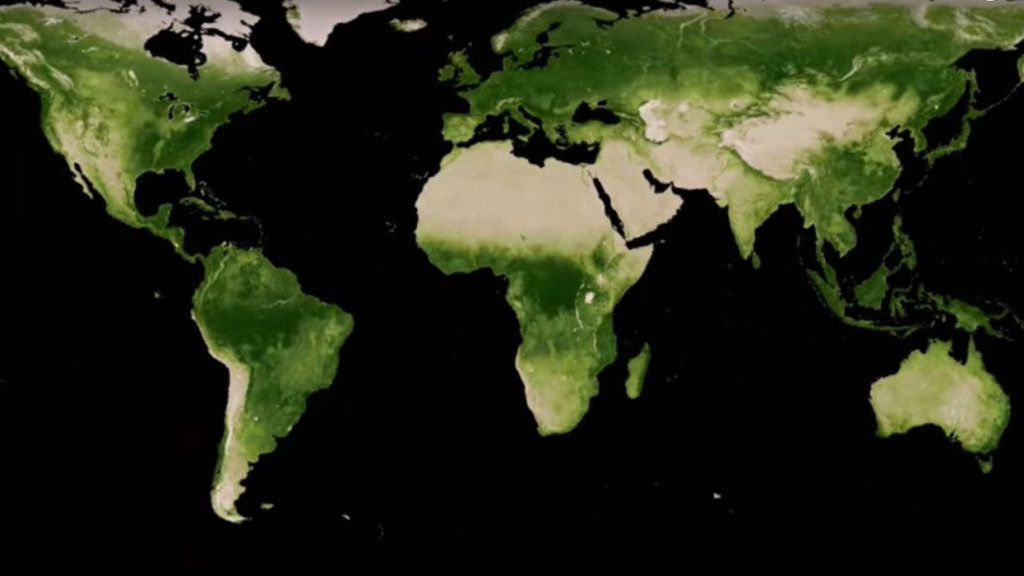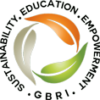Please Note: We have listed this article course as a flipbook on this page for those interested in auditing the course/lesson. If you need to report this course for Continuing Education (CE) or need a certificate, please enroll in the course or get a Platinum membership and access all our courses at your leisure. Enrolled students must take and pass the short quiz in order to earn CE credits. In addition, this course needs to be self-reported. Self-reporting information will be accessible once you complete the Quiz.
Description
Incorporating Indigenous Knowledge into Environmental Sustainability and Sustainable Infrastructures
When Western science cannot explain particular environmental issues with hardcore data, there is invaluable information that is never discovered. Indigenous people, on the other hand, rely on ingrained knowledge to assess the natural world. The knowledge is called by many names, but it is commonly referenced as Traditional Ecological Knowledge (TEK). Can we incorporate Indigenous Knowledge into Environmental Sustainability and Sustainable Infrastructures?
Long Description
Indigenous people around the world have developed a body of knowledge about environmental sustainability over thousands of years as a matter of survival. The knowledge is called by many names, but it is commonly referenced as Traditional Ecological Knowledge (TEK). This is not a new concept but has not been widely embraced until recently. Today, there are more building and green professionals utilizing TEK and indigenous building designs to develop structures and infrastructures that incorporate the indigenous sustainability concepts that reflect a human physical and spiritual unity with nature. It has taken the intersection of Western science and TEK to move this approach forward.
What You Will learn
- To learn about the concept of Traditional Ecological Knowledge (TEK)
- To gain a general knowledge of Western science versus TEK in terms of understanding and recognizing environmental issues
- To learn about several applications of TEK to environmental sustainability projects in different nations
- To gain a better understanding of how TEK is applied in the urban setting
- To introduce non-traditional building and infrastructure planning concepts
Course Content







Responses